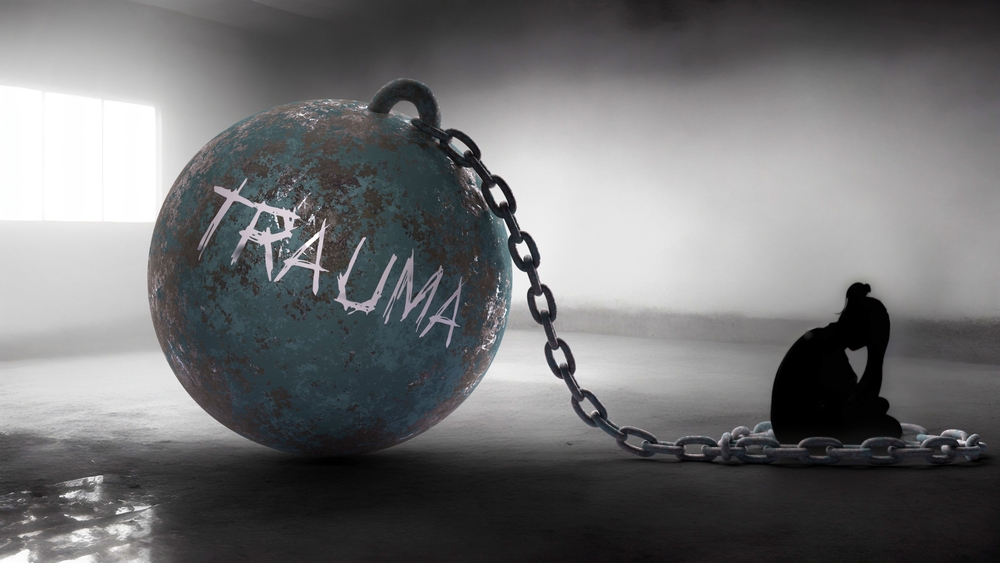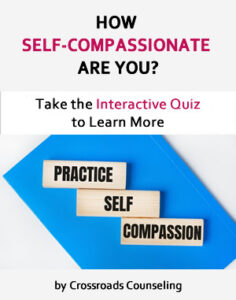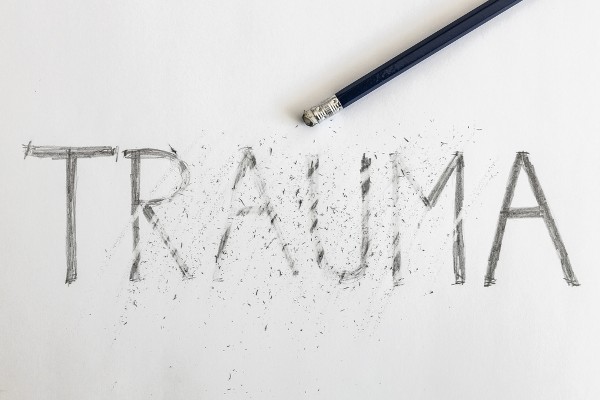Most people recognize how trauma can impact your mental health. Even one traumatic experience can have a lasting negative impact on your mental and emotional well-being.
But, trauma can also remain stored in the body for years, leading to lasting repercussions on your physical health.
The knowledge of how trauma is stored in the body is becoming more widely known, thanks in part to best-selling books like The Body Keeps the Score, which covers how traumatic stress impacts both the mind and body, and how you can heal from it.
Let’s dive a little deeper into how trauma gets stored in the body, signs you may be dealing with it, and how you can find peace and healing both mentally and physically.
The Fight-or-Flight Response
When you experience a traumatic event, your mind and body go into “fight-or-flight” mode. This is used as a defense mechanism to protect yourself in a harmful situation.
But, in traumatic situations, your body might overreact. You might end up staying in fight-or-flight mode more often than not, gearing your body up for a threat even when there isn’t one. That can cause you to become hypervigilant or even paranoid. When it comes to your physical health, it can lead to a rapid heart rate, heavy breathing, trembling, and flushed skin.
This type of response is the most common in people who have experienced prolonged trauma or abuse, including child abuse.
As you might expect, that kind of constant “what if” feeling can wreak havoc on your body, causing extra stress and a variety of other potentially harmful symptoms.
Stored Stress in the Body
When your body hangs onto stress, one of the common hormones that increases is cortisol. While cortisol can be useful in small doses for extra energy and alertness, it can quickly become too much of a good thing.
When cortisol builds up in the body, it causes the immune system to weaken and even tries to shut it down. This, too, is a defense mechanism. Your body thinks it’s in danger, so it shuts down any “unnecessary” systems to pool its resources to fight the threat.
But, with no real threat and a weakened immune system, you run the risk of getting very sick. It’s easier to develop infections, autoimmune issues, and even certain types of cancer.
Additionally, the adrenaline increase you experience from constant fight-or-flight mode can cause blood pressure problems. It can even contribute to heart disease.
What Can You Do?
No one deserves to experience trauma. Unfortunately, it’s not always something you can escape. Thankfully, whether you went through a traumatic experience as a child or later in life, there are things you can do to find peace within your mind and body.
If you exhibit any of the issues discussed here, it’s worth looking into the idea that your body might be holding onto trauma. Even if you feel like you’ve “forgotten” or repressed it somehow, it could be lingering within. Your body doesn’t forget, even when your mind tries to.
There are many treatment options for trauma — including a variety of therapy modalities. However, something like the Beyond Trauma intensive program can make a big difference in helping to release trauma from your body.
An experience like Beyond Trauma will help to support your well-being and growth. You’ll essentially learn to rewire your nervous system. In the process, you’ll discover a method of resilience that works best for your life and your goals.
Are you interested in learning more about how trauma is stored in the body? Or, do you want to know how to move forward in hope with the Beyond Trauma program? Feel free to contact me for more information.
Start Healing With The Beyond Trauma Program in Phoenix, Scottsdale, and online in all of Arizona
Our team of trauma therapists would be happy to help you identify and overcome emotional, relational, mental, and spiritual trauma in your life. We have offices in Phoenix, Scottsdale, and in all of Arizona through online counseling for trauma. To start a trauma therapy intensive, please follow these simple steps:
- Contact Crossroads Counseling
- Meet with a trauma therapist
- Start overcoming trauma!
To learn more about our trauma therapy click here.
Call us for trauma therapy at 623-680-3486,text 623-688-5115, or email info@crossroadsfcc.com.










